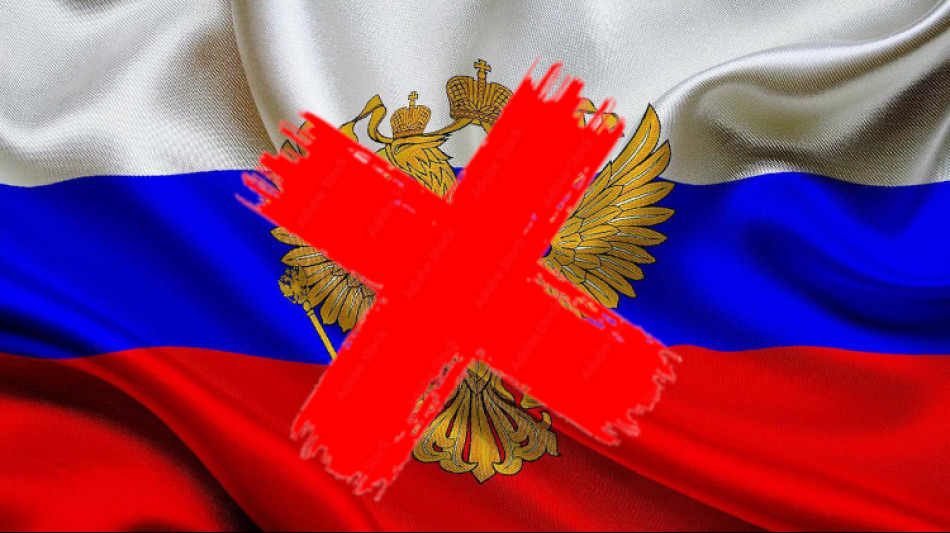-
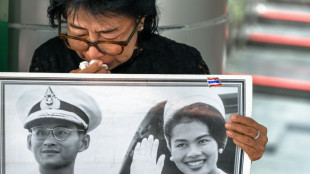 Black-clad Thai mourners weep for former Queen Sirikit
Black-clad Thai mourners weep for former Queen Sirikit
-
Hometown hero Tabuena shoots 65 to eye International Series glory
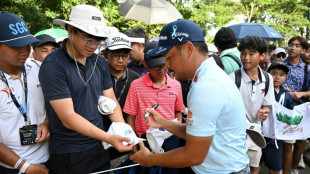
-
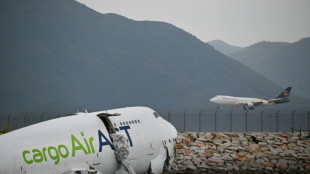 Hong Kong collects black boxes after deadly plane crash
Hong Kong collects black boxes after deadly plane crash
-
Alex Marquez seals family 1-2 as Bagnaia wins Malaysia MotoGP sprint

-
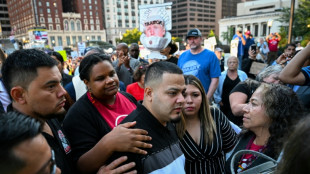 US wants to deport Salvadoran man in immigration row to Liberia
US wants to deport Salvadoran man in immigration row to Liberia
-
Nervy Australia hold off Eddie Jones's Japan 19-15 in Tokyo

-
 Bagnaia wins Malaysia MotoGP sprint as Alex Marquez seals brotherly 1-2
Bagnaia wins Malaysia MotoGP sprint as Alex Marquez seals brotherly 1-2
-
Afghanistan, Pakistan to firm up truce at Istanbul talks
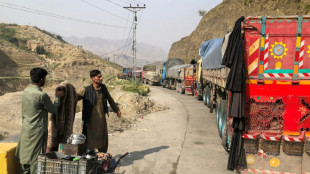
-
 Rybakina out of Tokyo with injury as Bencic sets up Noskova final
Rybakina out of Tokyo with injury as Bencic sets up Noskova final
-
Rana takes four as India bowl out Australia for 236 in 3rd ODI

-
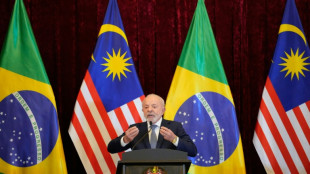 UN has 'stopped working': Brazil's Lula
UN has 'stopped working': Brazil's Lula
-
Ouattara tipped for fourth term as Ivory Coast goes to polls
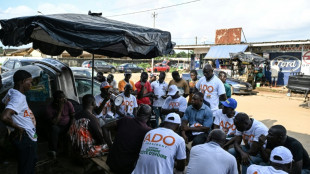
-
 Major champions help Philippines chase golf tourist billions
Major champions help Philippines chase golf tourist billions
-
Heat and Blazers win first NBA games since Rozier and Billups arrests

-
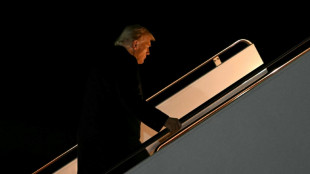 Trump heads to Asia for Xi talks, eyes Kim meeting
Trump heads to Asia for Xi talks, eyes Kim meeting
-
More than 60 UN members sign cybercrime treaty opposed by rights groups
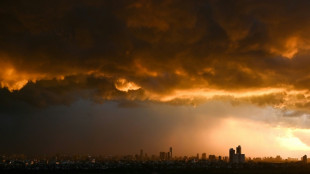
-
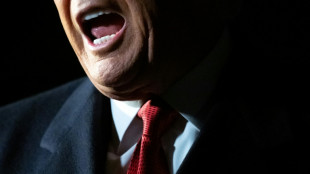 Trump slams 'dirty' Canada despite withdrawal of Reagan ad
Trump slams 'dirty' Canada despite withdrawal of Reagan ad
-
Bagnaia seals third Malaysian MotoGP pole in a row

-
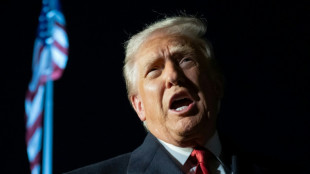 Trump heads for Asia and Xi trade talks
Trump heads for Asia and Xi trade talks
-
Blue Jays thrash Dodgers 11-4 to win World Series opener

-
 Heat win first game since arrest of Rozier, who has 'full support'
Heat win first game since arrest of Rozier, who has 'full support'
-
Rybakina out of Tokyo semi-finals with injury

-
 Messi brace fuels Miami over Nashville in MLS Cup series opener
Messi brace fuels Miami over Nashville in MLS Cup series opener
-
Batting great Williamson cuts back on New Zealand commitments

-
 Australia's Cummins shuts down talk of four quicks against England
Australia's Cummins shuts down talk of four quicks against England
-
Kerr wants Australia captaincy back on eagerly awaited return

-
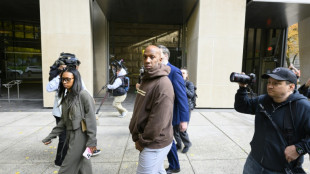 'Deeply disturbed' - NBA chief Silver grapples with illegal betting scandal
'Deeply disturbed' - NBA chief Silver grapples with illegal betting scandal
-
NBA chief Silver 'deeply disturbed' by illegal betting scandal
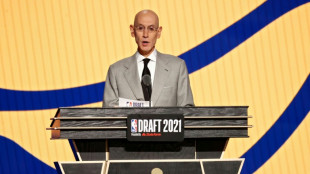
-
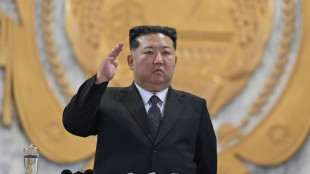 North Korea using crypto, IT workers to dodge UN sanctions: report
North Korea using crypto, IT workers to dodge UN sanctions: report
-
Trump ends Canada access at shared border library
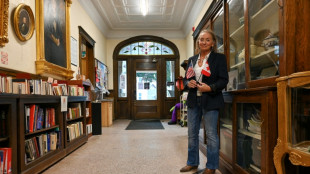
-
 'Most beautiful': Thailand's former Queen Sirikit
'Most beautiful': Thailand's former Queen Sirikit
-
Thailand's former queen Sirikit dead at 93: palace
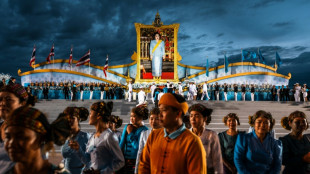
-
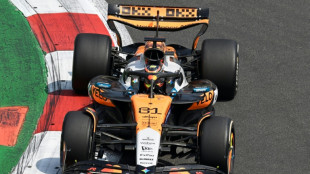 Piastri stays calm after winding up 12th in practice
Piastri stays calm after winding up 12th in practice
-
Verstappen on top again as McLaren struggle, Piastri 12th

-
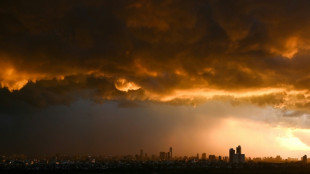 UN members to sign cybercrime treaty opposed by rights groups
UN members to sign cybercrime treaty opposed by rights groups
-
Heat back Rozier as NBA grapples with gambling scandal fallout
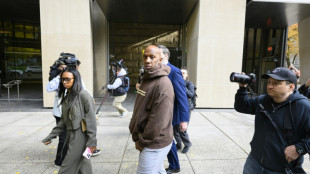
-
 Dodgers pitcher Vesia expected to miss World Series: Roberts
Dodgers pitcher Vesia expected to miss World Series: Roberts
-
Red Bull chief says no more 'silly games' after fine

-
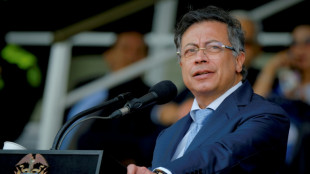 US hits Colombia's leader with drug sanctions, sparking sharp rebuke
US hits Colombia's leader with drug sanctions, sparking sharp rebuke
-
Nuno left waiting for first West Ham win after defeat at Leeds

-
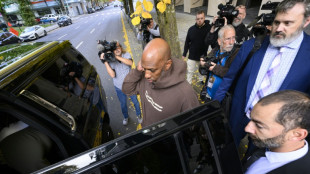 Gambling scandal shows dangers of NBA's embrace of betting
Gambling scandal shows dangers of NBA's embrace of betting
-
Late leveller saves Milan blushes in draw with lowly Pisa

-
 NFL fines Giants, coach and rusher for concussion protocol blunders
NFL fines Giants, coach and rusher for concussion protocol blunders
-
Trump heads for Asia and Xi talks, as Kim speculation swirls
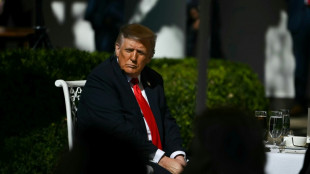
-
 Leclerc tops reserve-filled first practice in Mexico
Leclerc tops reserve-filled first practice in Mexico
-
Canadians pull tariff ad after furious Trump scraps trade talks
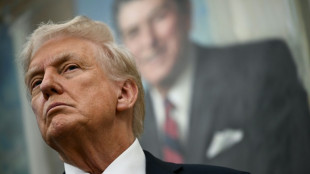
-
 Trump sending US carrier to Latin America as war fears rise
Trump sending US carrier to Latin America as war fears rise
-
Nexperia, the new crisis looming for Europe's carmakers
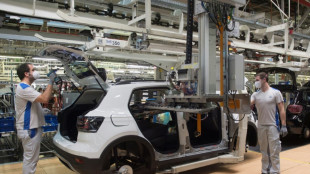
-
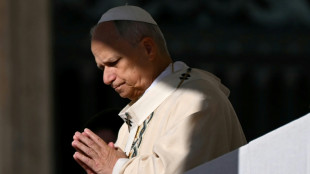 Pope beatifies 11 priests killed by Nazi, Communist regimes
Pope beatifies 11 priests killed by Nazi, Communist regimes
-
Five things to know about Argentina's pivotal midterm election

Reverse Apartheid" in SA?
Recent claims have surfaced suggesting that white South Africans face systemic discrimination akin to apartheid, a term historically associated with the institutionalised racial segregation of black South Africans by the white minority from 1948 to 1994. These allegations, often amplified on social media and by certain political figures, point to issues such as land reform policies, farm attacks, and affirmative action programmes as evidence of a supposed "reverse apartheid." This article examines the validity of these claims, exploring the socio-political context, economic realities, and lived experiences in contemporary South Africa.
The notion of apartheid against whites primarily stems from debates over land reform. In 2025, South Africa’s government, led by President Cyril Ramaphosa, implemented a law allowing expropriation of land without compensation under specific conditions. The policy aims to address historical inequalities, as white South Africans, who make up roughly 8% of the population, still own a disproportionate share of arable land—estimated at over 70%—decades after apartheid’s end. Critics argue this policy targets white farmers unfairly, with some claiming it constitutes racial persecution. However, no documented cases of such expropriations have occurred to date, and the policy requires judicial oversight to ensure fairness. The land reform debate is less about race and more about correcting colonial and apartheid-era dispossessions, though its implementation remains contentious.
Another focal point is the issue of farm attacks, which some allege are racially motivated against white farmers. South Africa’s rural crime rates are high, with farmers of all backgrounds facing risks due to the country’s economic inequality and unemployment, which hovers around 33%. Data from the South African Police Service indicates that farm attacks, while tragic, are not disproportionately racial. In 2024, approximately 50 farm murders were recorded, affecting both white and black farmers, with motives often tied to robbery rather than race. Nonetheless, the narrative of a "white genocide" persists, fuelled by inflammatory rhetoric from figures like Julius Malema of the Economic Freedom Fighters, whose past chants of "Kill the Boer" have been widely condemned. Courts have ruled such statements as hate speech, and Malema has since distanced himself from inciting violence.
Affirmative action policies, designed to uplift historically disadvantaged black, coloured, and Indian populations, are also cited as evidence of anti-white discrimination. Programmes like Black Economic Empowerment (BEE) prioritise non-white hiring and business ownership to address the economic legacy of apartheid, where whites dominated wealth and opportunity. Some white South Africans, particularly Afrikaans-speaking Afrikaners, feel marginalised, claiming these policies limit their job prospects. For instance, in 2018, white employees at the Sasol corporation protested against alleged exclusion from bonus schemes. Yet, economic data paints a different picture: white South Africans still enjoy higher average incomes and lower unemployment rates (around 7%) compared to black South Africans (over 40%). The Gini coefficient, a measure of inequality, remains among the world’s highest at 63.3%, reflecting persistent disparities that affirmative action seeks to address.
Social tensions also play a role. Many white South Africans report feeling culturally alienated in a nation where African languages and traditions dominate public life. Afrikaans, once a symbol of white authority, is less prominent in schools and government, prompting some to perceive this as erasure. Conversely, black South Africans argue that these shifts are necessary to reflect the country’s 80% black majority. Incidents of racism, such as black students reporting unfair treatment in schools, highlight that prejudice cuts both ways, complicating claims of one-sided oppression.
The "apartheid against whites" narrative has gained traction internationally, particularly in the United States, where former President Donald Trump in 2025 claimed white South Africans face "genocide." He offered asylum to white farmers, citing videos purportedly showing attacks. These claims were debunked, with South African authorities and independent analysts confirming no evidence of genocide. The videos, some dating back to the apartheid era, were misrepresented. Such international interventions often overlook South Africa’s complex reality, where poverty, not race, drives much of the crime and unrest. The country’s Truth and Reconciliation Commission, established post-1994, aimed to heal racial divides, but its recommendations for economic justice remain only partially implemented, leaving both black and white communities frustrated.
South Africa’s challenges—high crime, unemployment, and inequality—stem from apartheid’s long shadow, not a new racial regime. White South Africans, while facing real anxieties about their place in a transforming society, retain significant economic advantages. Claims of apartheid against whites exaggerate isolated incidents and mischaracterise policies aimed at historical redress. The country’s path forward lies in addressing poverty and fostering dialogue, not in perpetuating narratives of racial victimhood.
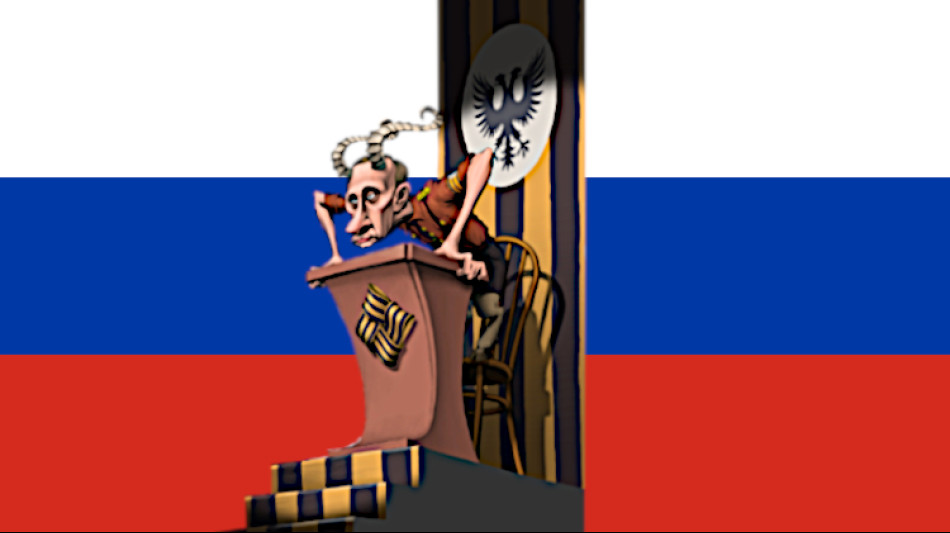
Israel politician threatens russian terror state on Russian TV

EU: No agreement on 10-year extension for glyphosate

Ukraine: When will the world stand up to Russian terror?

Warming: Methane levels rising, is this nature's answer?

Israel has every right to destroy Hamas and Hezbollah!

What are the effects of climate change on sea flora?

Azerbaijan is in control: Armenians flee Nagorno-Karabakh

EU countries agree on watered-down car emissions proposal

Hungary-Dictator PM Orban claims EU 'deceived' Hungary

Ruble at the end: Russia's currency on the brink of collapse

Russia in Ukraine: murder, torture, looting, rape!
